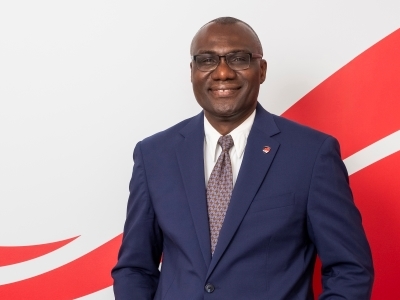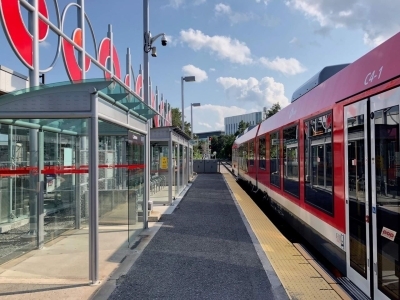–The following story was written by Taia Goguen-Garner.
Following a winning entry for an international housing design competition in 2018, Jesse Bird, a recent Master of Architecture graduate, and a team of biologists, engineers, and industry leaders, have been developing alternative manufacturing strategies for nano- and micro-fibrillated cellulose (NMFC) products derived from recycled cardboard and industrial hemp.
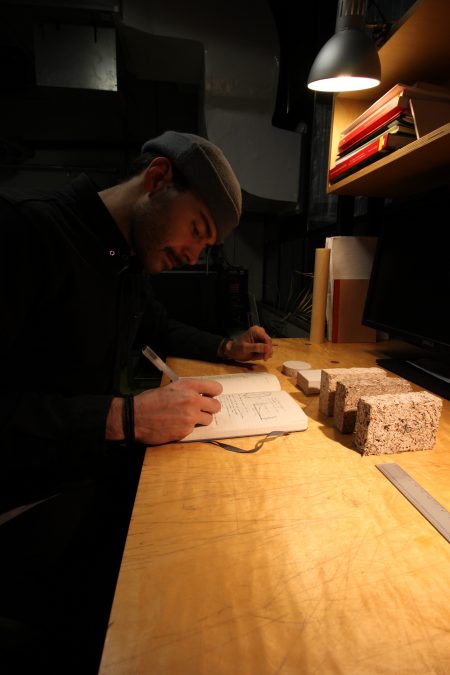
Bird’s research aims to reimagine local material waste streams that support building component fabrication in both informal and formal communities of developing regions. Contributing to local goals of economic and environmental improvement through the integration and exchange of paper recycling techniques and material innovations.
Over the course of the year prior to his thesis, Bird had the opportunity, funded by a Mitacs Accelerate Research Grant, to travel to Australia to work alongside biotech company and research partner, Zeoform.
“Zeoform is a leader in material engineering and has been influential to much of this research,” explained Bird. “In conjunction to material studies conducted in Australia and Canada, my research directed its focus towards Sao Paulo, Brazil in hopes of formulating new systematic waste recovery solutions that respond to local conditions and available resources. It quickly became apparent that low-tech material recovery solutions were not only serviceable to these regions, but were in fact possible.”
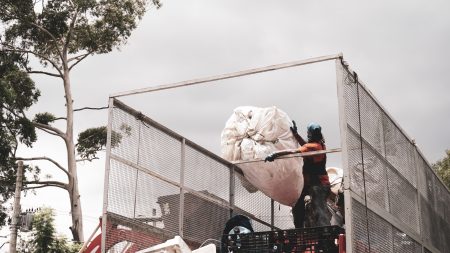
Bird has an interest in sustainable environmental engineering and alternative building technologies – concepts that include minimization of waste, maximizing economic prosperity, and the development of regenerative and circular ideologies.
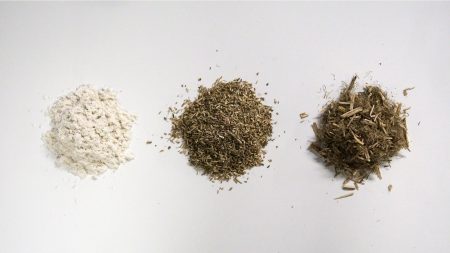 Says Bird: ”This year has forced us to acknowledge the systemic issues of our past, leading the way to learn, adapt and apply solutions that support inclusivity, equality, and environmental justice. We are in a time of Global environmental concern, and it is our responsibility as a consumer and producer to rethink where and how we source construction materials. This means a paradigm shift in domestic behaviour, manufacturing, construction and design is inevitable if we are to embrace a Circular Economy.”
Says Bird: ”This year has forced us to acknowledge the systemic issues of our past, leading the way to learn, adapt and apply solutions that support inclusivity, equality, and environmental justice. We are in a time of Global environmental concern, and it is our responsibility as a consumer and producer to rethink where and how we source construction materials. This means a paradigm shift in domestic behaviour, manufacturing, construction and design is inevitable if we are to embrace a Circular Economy.”
Bird’s project builds on more than 15 years of technical knowledge of micro-fibrillated fibre research with industry and research partner Zeoform.
“One of the most important discoveries during my research was recognizing the high economic and environmental benefits of micro-refined plant fibres as a viable alternative to many virgin-based material products in the industry,” shared Bird.
“Over the past few months, I have been developing a series of prototype designs using NMFC to create structurally sound and thermally-insulative building components. Our initial results show promising potential in creating a lightweight structurally insulative panel (SIP) with RSI values in line with low-density polyurethane foams. This would paving the way in recognizing second-generation material feedstocks as a market-ready feedstock that uses no binders, toxins or chemicals. Currently, we are exploring an array of different material inputs while documenting their structural and thermal performances in the engineering departments on campus. It’s been very rewarding to be able to see almost two years of research finally come into fruition.”
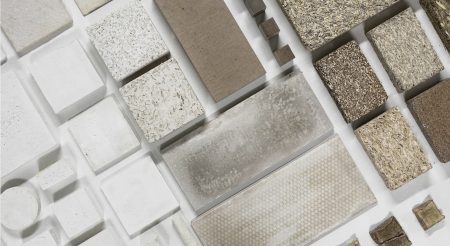 Bird notes that the interdisciplinary approach to this research has opened new opportunities and perspectives in how to efficiently develop low-tech/high-value solutions in Canadian, Brazilian, and Australian contexts.
Bird notes that the interdisciplinary approach to this research has opened new opportunities and perspectives in how to efficiently develop low-tech/high-value solutions in Canadian, Brazilian, and Australian contexts.
The alumnus has been working out of Carleton’s Sensory Architecture and Liminal Technologies (CSALT) Laboratory led by Prof. Sheryl Boyle.
“The goal of the CSALT research lab is to effect and contribute to the understanding, application and invention of material, method, and making,” explained Bird. “It’s a great resource for students looking to understand the physicality of the industry. Resources include 3D extrusion printers, vacuum ovens, a kiln, hydraulic presses, and a growing material library. The lab is divided intro three separate workshops, where two current thesis students explore breathable hemp-based building components and ultra-high-performance concretes. While it’s not often all three of us are working at the same time, we are sure to follow current COVID-19 protocols and screening information before coming into campus. It’s a privilege to be working here right now, so making sure we follow all safety precautions is our biggest priority.”
Dr. Sheryl Boyle is an Associate Professor at the Azrieli School of Architecture and Urbanism and academic advisor to Bird.
“Between her energetic charisma and expertise in building material properties, Sheryl has been a leading figure to much of this research and my education as a whole.”
For the future, Bird would like to focus on material-based research while gaining exposure into alternative forms of sustainable manufacturing and inclusive policy design. Topics he’s hopeful can be bridged into a design-build practice.
“My intention was to consider the past, present and future of recovered paper products, and reimagine new frameworks that address the social and cultural challenges of inclusive recycling,” shared Bird. “The global climate crisis in an inevitable challenge facing almost all industries and businesses today, and the COVID-19 outbreak has only accelerated our pursuit in addressing what systems require immediate and long-term solutions. Architects and designers have a critical — but largely unrecognized — impact on people’s daily lives and the collective footprint we leave. There needs to a fundamental shift in how we think, source, design and deploy architectural intension without eroding the natural systems that support us.”
Monday, February 1, 2021 in Alumni, News, Research
Share: Twitter, Facebook
